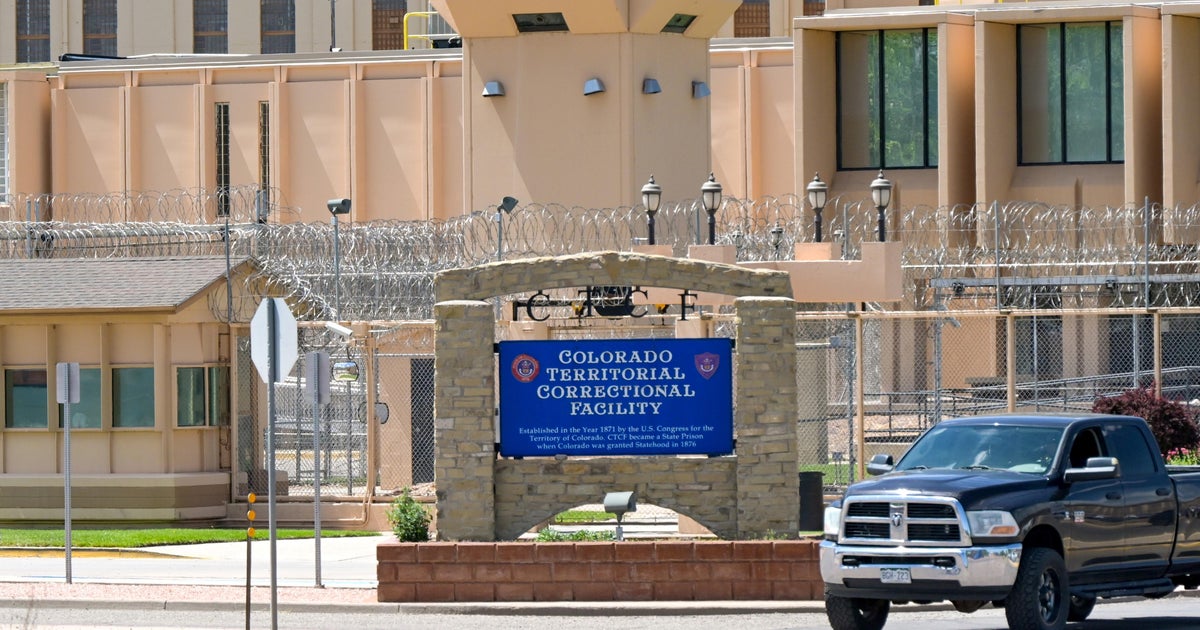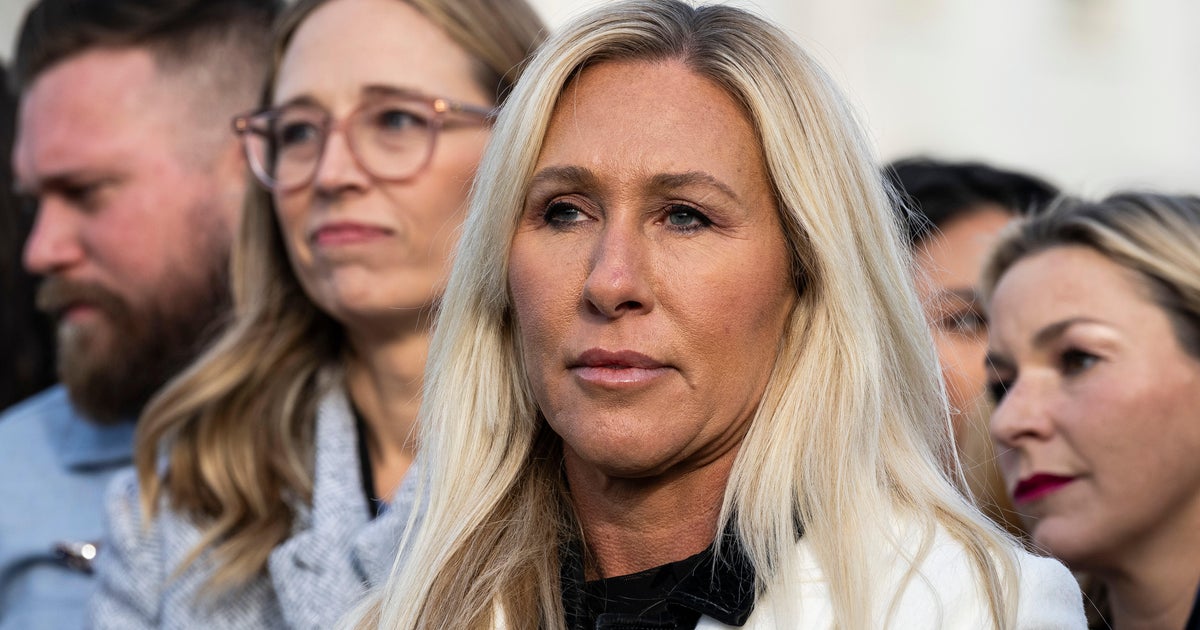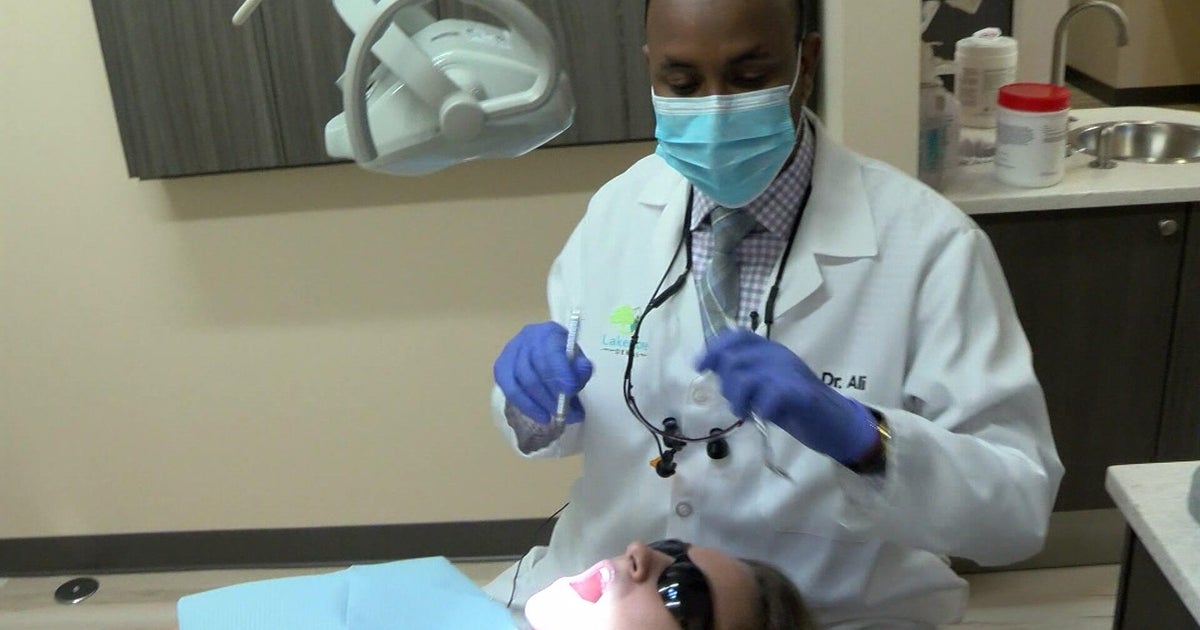State Supreme Court Hears Oral Argument On Whether Voting By Mail Is Constitutional
PITTSBURGH (KDKA) -- The state Supreme Court on Tuesday heard oral argument from lawyers on whether the state's no-excuse mail-in ballot system is constitutional.
As political editor Jon Delano, also an attorney, explains, it all comes down to how you read certain sections of the state Constitution.
In 2019, a Republican Legislature passed Act 77, which for the first time gave all Pennsylvania voters the right to vote by mail. This turned out be helpful when the pandemic hit and 2.6 million Pennsylvanians voted by mail in 2020.
But after Donald Trump attacked mail-in voting, many Republican lawmakers changed their views, and lawyers for them are now trying to overturn Act 77.
"The constitution does not allow no-excuse mail-in voting. It allows limited categories of absentee voting and otherwise requires you to go to the polling place in person and offer to vote in person," said Greg Teufel, who represents Republican lawmakers.
Teufel argued that the constitution's requirement that a voter "shall offer to vote" meant in-person voting except for absentee ballot provisions limited to absences for duties, occupation, or business, illness, or physical disability.
"Offer to vote means you must offer to vote in person. You can offer to vote using a machine, or a ballot or an electronic voting, different methods are fine but the qualification requirement of offering to vote remains in the constitution to this day. There are exceptions under Section 14 for absentee voting but those are the only exceptions," says Teufel.
But attorneys for the Democrats argued that this ignores another section of the constitution that states explicitly that all elections "shall be by ballot or by such other method as may be prescribed by law."
"Article VII, Section 4, actually says that voting shall be by ballot or any other method prescribed by the General Assembly as long as there's a secret ballot," says Cliff Levine.
Levine, who represents the Democrats, says the Legislature clearly had the power to allow – as many other states have done – voting by mail with a safe and secure system.
"Every single voter has a unique scanning code so they can assess who you are and then send you a ballot and count on that. So there's not just an absentee vote here. There's a whole method of voting that the Legislature adopted and nothing in the constitution prohibits and we think clearly enables," says Levine.
The state Supreme Court heard three hours of oral argument on whether the state's new no-excuse voting by mail system is constitutional, and partisanship is not far from the surface.
"Unfortunately, mail-in voting had sort of a partisan feel, in part because of President Trump suggesting that people don't vote by mail and so, as a result, after the election there was a challenge to Act 77 and this is really a continuation of that process," says Levine.
Levine says voting by mail goes back to the Civil War when Union soldiers were initially denied the right to vote because they could not vote in person when on the battlefield. Teufel says the Legislature cannot broaden mail-in voting to everyone.
While Republican judges on the Commonwealth Court struck down Act 77, Democrats are a majority on the state Supreme Court.
"This was not a poker-faced bench. We definitely have our work cut out for us. We had some justices leaning against us, seemingly most of the Democrat ones," says Teufel.
"We're cautiously optimistic that we'll continue to have mail-in voting, which has been a wonderful device to allow, to expand voting opportunities for eligible voters," Levine said.
For the moment and probably through the May 17 primary, mail-in voting is open to all, so feel free to vote by mail this spring. After that, we'll just have to see what the state Supreme Court decides.







